In This World, Only Death, Taxes, and Probate Fees Are Certain
January 24, 2013 | by Jim McCreight
“In this world nothing can be said to be certain, except death and taxes” .. and probate fees (?)
In BC, when a person passes away, someone must act on behalf of the deceased to administer their estate. That person is either the executor named by the deceased in their Will and whose appointment has been confirmed by the court (by Grant of Letters Probate) or, if the deceased did not have a valid Will, an administrator appointed by the court (by Grant of Letters Administration).
Not every estate requires a court order. Sometimes the deceased’s assets can be transferred without a court order. If either a Grant of Letters Probate or a Grant of Letters Administration is required, which occurs on the majority of estates, the court charges a probate fee of approximately 1.4% of the fair market value of all the assets that fall into the deceased’s estate. The probate fee must be paid before the court order is issued.
There are some assets that a deceased may own that do not form part of their estate for probate purposes and therefore do not incur the probate fee, such as the following:
- Life insurance which names a beneficiary;
- RRSP’s, RRIF’s and TFSA’s which name a beneficiary;
- Assets that are owned jointly by the deceased and their spouse or minor child, as joint tenants with a right of survivorship, such as jointly owned real estate or joint bank accounts.
Many individuals try to reduce or avoid payment of probate fees (and the potential for Wills Variation Act claims) by keeping assets out of their estate through the use of joint tenancy, designated beneficiaries and outright gifts made prior to death, often with unintended potentially negative consequences, such as:
If a deceased has named a minor child as the beneficiary of a life insurance policy, the child will receive the entire life insurance proceeds when they turn 19, with no restrictions. However, if the deceased names their estate as the beneficiary, they can name the minor child as a beneficiary in their Will, with restrictions on when the child receives the insurance proceeds.
If a deceased has named a beneficiary for their RRSP or RRIF other than a spouse or a minor child, the plan will be de-registered, the named beneficiary will receive the funds directly and the estate will be responsible for payment of any income tax resulting from the de-registration of the plan, even though the estate receives no part of the funds from the RRSP or RRIF. This may result in a smaller estate for any residual beneficiaries.
A transfer of property into joint tenancy or as an outright gift is a deemed disposition for capital gain tax purposes and, depending on the type of property transferred, could trigger an immediate capital gain payable by the owner of the property.
If a person transfers their principal residence into joint names with someone who does not reside at the residence, the new owner loses the principal residence exemption from the date of transfer, which could result in capital gains taxes owing when the property is subsequently sold. This could far exceed the 1.4% probate fee which the person is trying to avoid. In addition, jointly owned assets are subject to claims from the creditors or an estranged spouse of the new owner.
If a person decides to transfer assets into joint tenancy, it is very important that they provide written evidence of what their intention was when they created the joint tenancy. Do they intend to gift the asset to the surviving joint tenant or is the surviving joint tenant holding the asset in trust for the person’s estate? Currently, under BC law, if a parent voluntarily transfers an asset into joint names with an adult child there is a presumption that the adult child holds the asset in trust for the parent or their estate. If the joint tenancy is challenged by a beneficiary of the parent’s estate the adult child would have to prove that the parent intended the transfer to be a gift. As an example, if a parent transfers bank accounts into joint tenancy with an adult child so the child can assist the parent, did the parent intend to gift the bank accounts to that child to the exclusion of their other children?
The unintended consequences that are set in motion by attempting to avoid probate fees often have a much higher cost than the 1.4% probate fee, so proceed with caution and get professional advice before you act.
Generally it’s less expensive to get professional advice early: you’ll save money in the long run.
Share this article:
Get your interests represented
As one of the largest law firms in the Interior, our lawyers have a broad range of specializations, ensuring that we have the experience to competently and professionally represent you.

